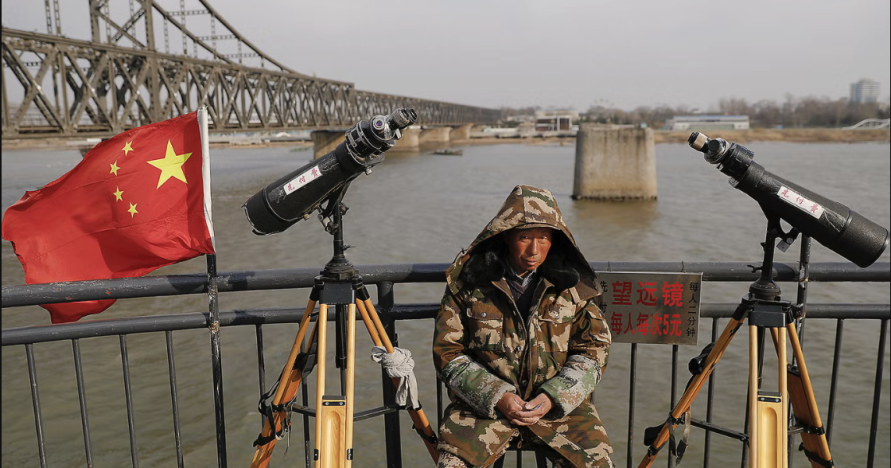
Time and History in China’s Korean Borderlands
A Talk by Ed Pulford of the University of Manchester, author of Past Progress: Time and Politics at the Borders of China, Russia, and Korea (Stanford, 2024) and Mirrorlands: Russia, China, and the Journeys in Between (Oxford, 2019)
Tuesday, November 12, 2024 | 5:00 PM
Humanities Gateway 1010
As in many places in the world, crossing the border between China and Korea has long involved a sense of temporal shift. Migrants or travellers from one to the other have commonly perceived this corner of Northeast Asia to be divided into spheres of greater or lesser ‘development’ or ‘backwardness’, from contemporary Chinese tourists visiting North Korean fishing ports to Kim Il Sung and his guerrilla confreres traversing these two countries’ seam with the USSR during the 1930s. As this talk explores, drawing on a new book, this triple borderland is thus a revealing place from which to consider how a whole cascade of socialist and imperial endeavours have been experienced on an everyday level, particularly in relation to the visions of temporal advancement and retreat which they have engendered. From North Korean, Chinese and Soviet state socialisms to Japanese imperial modernism, Soviet collapse and the ‘Rise’ of China, ambitious historical projects have accreted in this region on a grand scale. As both anthropological and historical fieldwork show, this has left borderlanders haunted by divergent visions of progress, today struggling to see their neighbours as coming 'from the same time' in an era of postsocialist commerce and ideological ambivalence.
Sponsored by the Center for Critical Korean Studies and the East Asian Studies Department, with additional support from the Long Institute for US-China, and the History Department.
Cover image from The Independent (credit: Reuters/Damir Sagolj).
